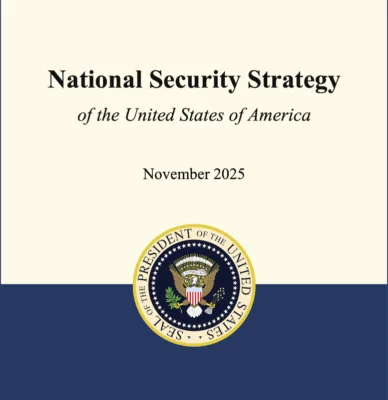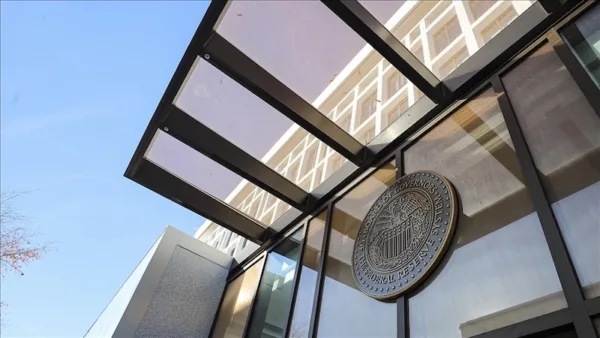The July 15 Failed Coup Attempt in Turkey: Implications for U.S.-Turkey Relations
The July 15 failed coup attempt has shaken Turkey to its core. Turkish public discovered not only the extent to which the state security institutions had been compromised but also that a seemingly civil society movement had dared to engineer a coup and attempt to suspend democracy. Turkish people of all political stripes opposed and foiled the coup attempt.
Panelists:
Halil Berktay, Emeritas Faculty Member, Faculty of Arts and Social Sciences, Sabanci University
Burhanettin Duran, General Coordinator, The SETA Foundation
Shadi Hamid, Senior Fellow, Brookings Institution
Kadir Ustun, Executive Director, The SETA Foundation at Washington D.C.
Moderated by Kilic B. Kanat, Research Director, The SETA Foundation at Washington D.C.
Halil Berktay is a Professor Emeritus at Sabanci University. His areas of interest include 20th century Turkish nationalism and its historiography; studies of comparative perspectives of social and economic history, and the construction of Turkish national memory. Dr. Berktay receved his BA and MA in Economics from Yale University and a PhD in History from Birmingham University (UK).
Burhanettin Duran received his BA in Political Science and International Relations from Bogazici University in 1993, and his Ph.D. in Political Science from Bilkent University in 2001. He was a visiting scholar at George Mason University in 2010-2011. He worked for Bilkent University as a research assistant, and for Sakarya University as a research assistant and assistant professor between 1993 and 2009. He became associate professor in 2006 and full professor in 2013. He was head of the department of political science and international relations at İstanbul Şehir University in 2009-2015. Dr. Duran has been focusing on the transformation of Islamism, Turkish Political Thought, Turkish Domestic Politics, Turkish Foreign Policy and Middle Eastern Politics. Dr. Duran is the author of Türk Parlamento Tarihi (3 volumes) (Ankara: TBMM, 2012) and the coeditor of Dünya Çatışma Bölgeleri I-II (Nobel, 2004, 2010), Dönüşüm Sürecindeki Türkiye (Alfa, 2007), Ortadoğu Yıllığı 2008 (Küre, 2009) and Türk Dış Politikası Yıllığı 2009, 2010, 2011 and 2012 . His articles have appeared in Middle Eastern Studies, Journal of Muslim Minority Affairs, Journal of Balkans and Near Eastern Studies, Insight Turkey, the Muslim World, EuroAgenda, Liberal Düşünce, Bilgi, Sivil Toplum. He has contributed to several edited books.
Shadi Hamid is a senior fellow in the Project on U.S. Relations with the Islamic World in the Center for Middle East Policy at Brookings and the author of the new book “Islamic Exceptionalism: How the Struggle Over Islam is Reshaping the World” (St. Martin’s Press). His previous book “Temptations of Power: Islamists and Illiberal Democracy in a New Middle East” (Oxford University Press, 2014) was named a Foreign Affairs “Best Book of 2014.” Hamid served as director of research at the Brookings Doha Center until January 2014. Prior to joining Brookings, he was director of research at the Project on Middle East Democracy (POMED) and a Hewlett Fellow at Stanford University’s Center on Democracy, Development, and the Rule of Law. Hamid is a contributing writer for The Atlantic and the vice-chair of POMED’s board of directors.
Kadir Ustun is the Executive Director at the SETA Foundation at Washington, D.C. Previously, Dr. Ustun was the Research Director at the SETA Foundation at Washington D.C. He currently serves as an Assistant Editor of Insight Turkey, an academic journal published by the SETA Foundation. Dr. Ustun holds a PhD in Middle Eastern, South Asian, and African Studies from Columbia University and a Master’s degree in History from Bilkent University. He has contributed to various SETA reports and his writings have appeared in various publications such as Insight Turkey, Al Jazeera English, Hurriyet Daily News, Daily Sabah, Mediterranean Quarterly, and Cairo Review of Global Affairs among others. He is also co-editor of edited volumes History, Politics and Foreign Policy in Turkey, Change and Adaptation in Turkish Foreign Policy, and Politics and Foreign Policy in Turkey: Historical and Contemporary Perspectives.
Kilic Bugra Kanat is the Research Director at the SETA Foundation at Washington DC. He is also an Assistant Professor of Political Science at Penn State University, Erie. Dr. Kanat received his PhD in Political Science from Syracuse University; a Master’s degree in Political Science from Syracuse University; and a Master’s in International Affairs from Marquette University. He was awarded the Outstanding Research Award and Council of Fellows Faculty Research Award at Penn State, Erie in 2015. He previously participated in the Future Leaders program of Foreign Policy Initiative. Dr. Kanat’s writings have appeared in Foreign Policy, Insight Turkey, The Diplomat, Middle East Policy, Arab Studies Quarterly, Mediterranean Quarterly, Journal of South Asian and Middle Eastern Studies, Journal of Balkan and Near Eastern Studies, and Journal of Muslim Minority Affairs. He is a columnist at Daily Sabah. He is the author of A Tale of Four Augusts: Obama’s Syria Policy. He is also co-editor of edited volumes History, Politics and Foreign Policy in Turkey, Change and Adaptation in Turkish Foreign Policy, and Politics and Foreign Policy in Turkey: Historical and Contemporary Perspectives.










